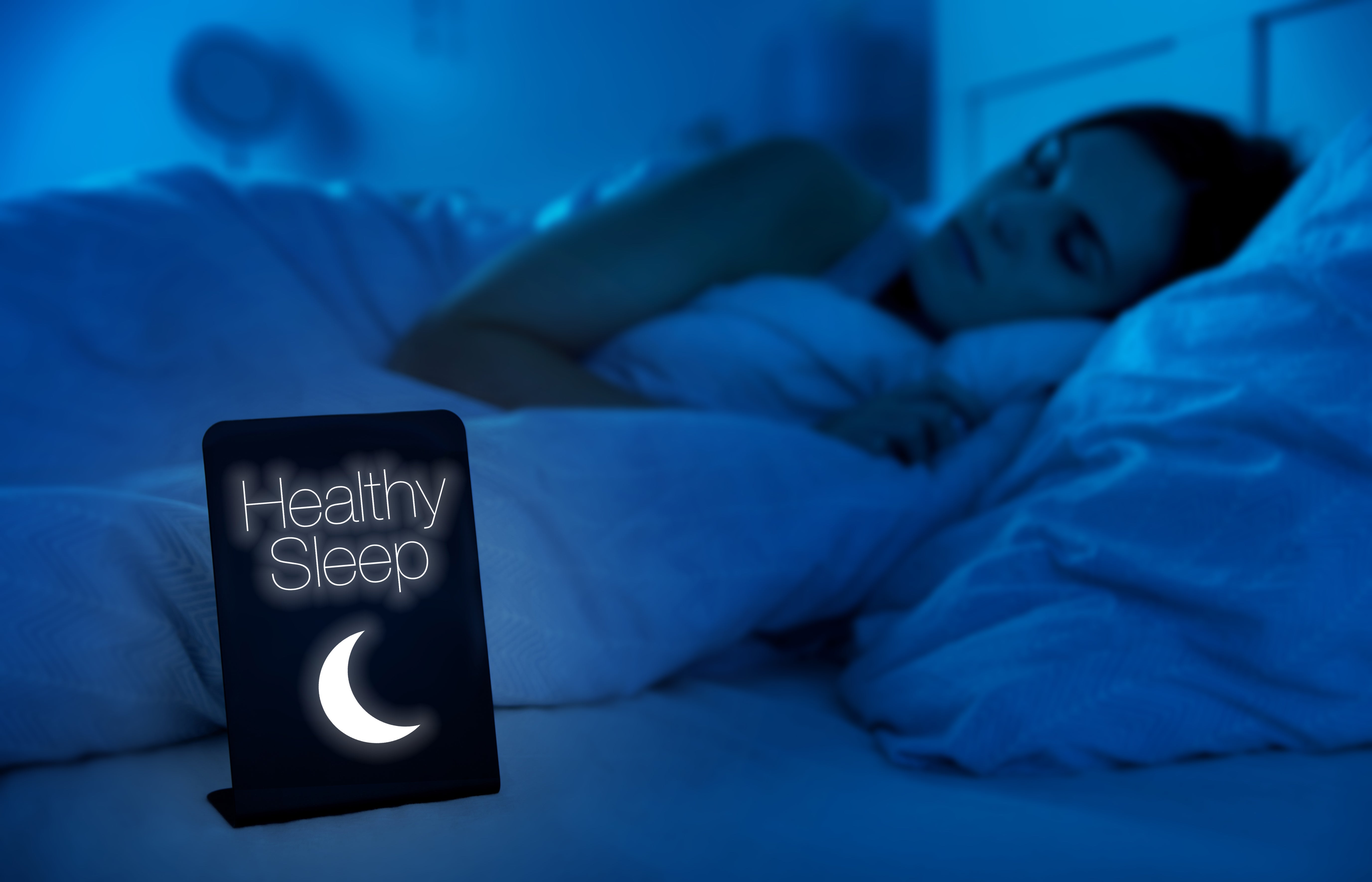Sleep... it’s a pillar for health, and you really can’t have optimal health without it.
Yet it’s a problem many people struggle with, due to medical disorders, work schedules, noise pollution, or just a 24/7 lifestyle.
What’s more, good sleep just makes you feel better overall during your waking hours. Sleep benefits... you’ll:
• Perform better
• Feel great
• Look better
• Have more mental clarity
• Have more energy
Sleep problems can lead to short-term problems such as grogginess, brain fog, bad mood, and short-term memory problems. And it doesn’t take much of an imagination to think what happens when you’re groggy behind the wheel...
And Nasty Long-Term Effects
Insufficient sleep can also lead to many long-term chronic health issues – including heart disease and stroke, high blood pressure, dementia/Alzheimer’s, diabetes, and cancer.
Multiple PubMed articles show a link between sleep deprivation and incidence of type 2 diabetes.
Sleep restriction has been consistently shown to increase hunger, appetite and food intake, with the increase in caloric intake more than offsetting the energy requirements of extended wakefulness. If you want to lose weight, be sure you get your seven to eight hours every night.
A large number of epidemiological studies have uncovered elevated rates of disease with sleep insufficiency – including cancer, diabetes, heart disease, obesity, mood disorders and age-related macular degeneration.
As Mary Jane Frye, integrative pharmacist, discusses in this week’s podcast with Adam Payne, you should consider getting screened for any underlying health issues that may be the root cause of your sleep issues. Especially if the following practical lifestyle steps don’t resolve your issues.
Taking five minutes to read this article could be life-saving.

13 Ways to Sleep Better Every Night
1. Shortly before sunset, dim the lights and your computer screen. Turn off overhead lights and use table lamps instead.
2. Avoid all blue light (such as computer screens and TVs) exposure after sunset. Blue light at night suppresses melatonin release and can greatly impair sleep.
3. Take a hot bath, sauna, or use a hot tub in the evening. It will warm you up, leading to a rapid cool-off in body temperature, which aids sleep.
4. Avoid alcohol in the evening. Yes, it may make you sleepy, but the sleep it produces is disrupted sleep.
5. If you live where there's light pollution as most of us do, use light-blocking blackout shades to keep light out. Also, remove all sources of light from your bedroom, including digital alarm clocks and cell phones.
6. Never sleep with your cell phone under your pillow. At a minimum, turn your cell phone onto airplane mode at night and put it on your nightstand.
7. Avoid eating within two to three hours of bedtime, especially heavy meals.
8. Avoid late-day exercise, as it can impair your ability to sleep. You’re waking yourself up at a time of day when you should be winding down.
9. According to James B. Maas, PhD and author of the book Power Sleep, any noise louder than a dripping faucet can interfere with sleep.
If you can’t stop the noise (for instance, traffic), you still have options...
Furnish your bedroom with heavy drapes and thick carpeting. If you build a house, make sure the bedroom walls and ceilings have plenty of insulation.
Other sound barriers might include a white noise machine or sound blocking earplugs.
10. Keep your bedroom cool. Too warm, and your wake-up cortisol levels rise in the middle of the night instead of when it’s time to get up. Scientists recommend 65 degrees.
11. Buy the best mattress you can afford. Whatever type of mattress you pick, test drive the mattress at the store, or buy one online that offers a 30-day (or longer) guarantee.
Rotate your mattress regularly – once a month... and flip it also.
12. Choose quality sheets and bedclothes. For sheets, opt for cotton, preferably organic. Or silk or linen. They feel smooth against the skin and absorb moisture better than synthetics. Sheets with the highest thread counts are generally softest.
13. Try a quarter or half scoop of brain and sleep support, Endolyft, in the evening. Small amounts have helped many people get a much better night’s sleep.
Do These Things in the Morning for Better Sleep at Night...
1. Get outside at sunrise for five minutes or more... the cloudier it is, the more time it takes. Look towards – but not directly at – the sun. It helps set your circadian rhythm for the day, making you more ready to sleep that night. If possible, workout outside at sunrise.
2. Exercise first thing in the morning. It’ll help raise your core body temp and make you feel more alert during the day.
3. Limit your caffeine to morning hours, and to two cups of coffee or six cups of tea per day. Cut off your caffeine consumption by noon or 2:00.
4. Get plenty of exercise and movement throughout the day. If you sit all day long, you’re going to be more inclined to want to move late in the day.
5. Eat a healthy, wholesome diet. Junk food and fast food don't do anything to enhance sleep.




